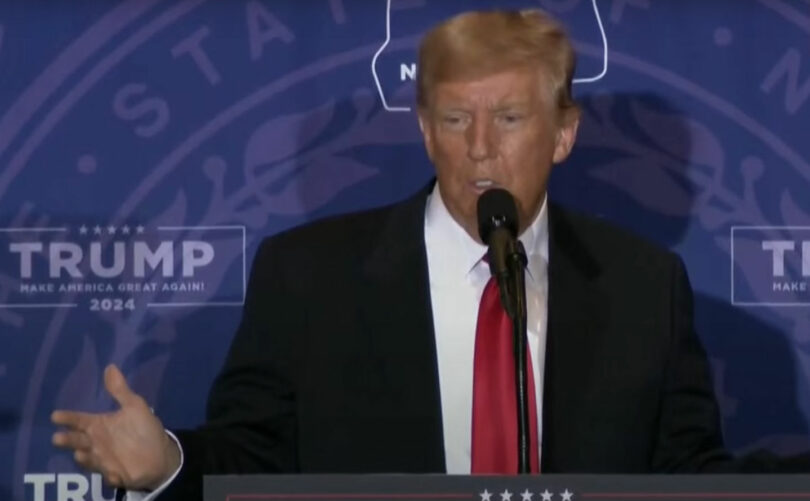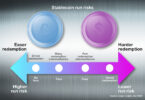During a speech yesterday in Portsmouth, North Hampshire, Donald Trump vowed to block a central bank digital currency (CBDC). This should not be surprising. After a Congressional debate last September, it was clear that a CBDC would have difficulty getting approval. All Republicans seem to be against it, as are a handful of Democrats.
“Tonight, I’m also making another promise to protect Americans from government tyranny. As your President, I will never allow the creation of a central bank digital currency,” said Trump.
“Such a currency would give the federal government, our government, the absolute control over your money. They could take your money and you wouldn’t even know it was gone. This would be a dangerous threat to freedom and I will stop it from coming to America.”
Several Republicans have put forward Bills that would block a CBDC. Last week, a Bill was introduced in the Tennessee State Senate to exclude a CBDC from the definition of money in the Uniform Commercial Code (UCC). This provides the legal foundation for contracts. If a CBDC is not classed as money, it would discourage the State government and businesses from using a CBDC. Florida and Indiana passed similar laws last year.
Apart from a CBDC, Trump also mentioned another topic close to Republican hearts.
“We’ll also create strong protections to stop banks and regulators from trying to de-bank you for your political beliefs,” said Trump.
Meanwhile, one hopes the distinction between a wholesale and retail CBDC is appreciated, given that the latter could benefit consumers without privacy concerns.
Perhaps anticipating this sort of issue, a Federal Reserve paper explored different types of DLT-based central bank money last September. It distinguished between tokenized reserves versus a new settlement asset, a wholesale CBDC.






